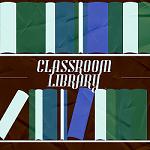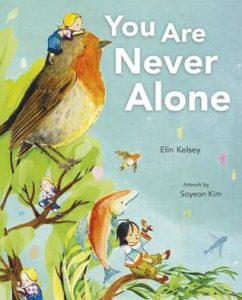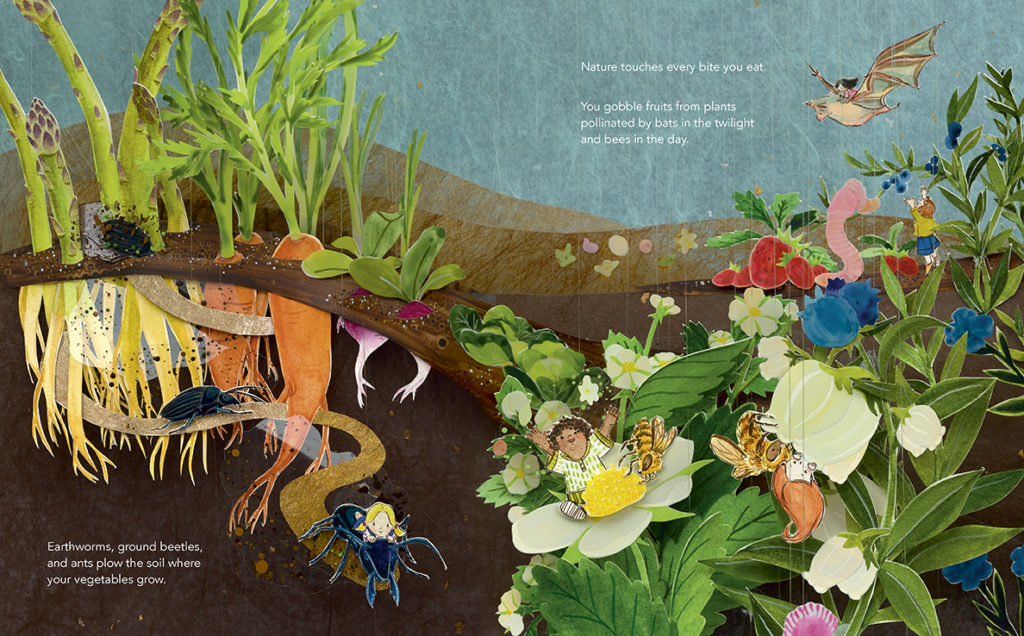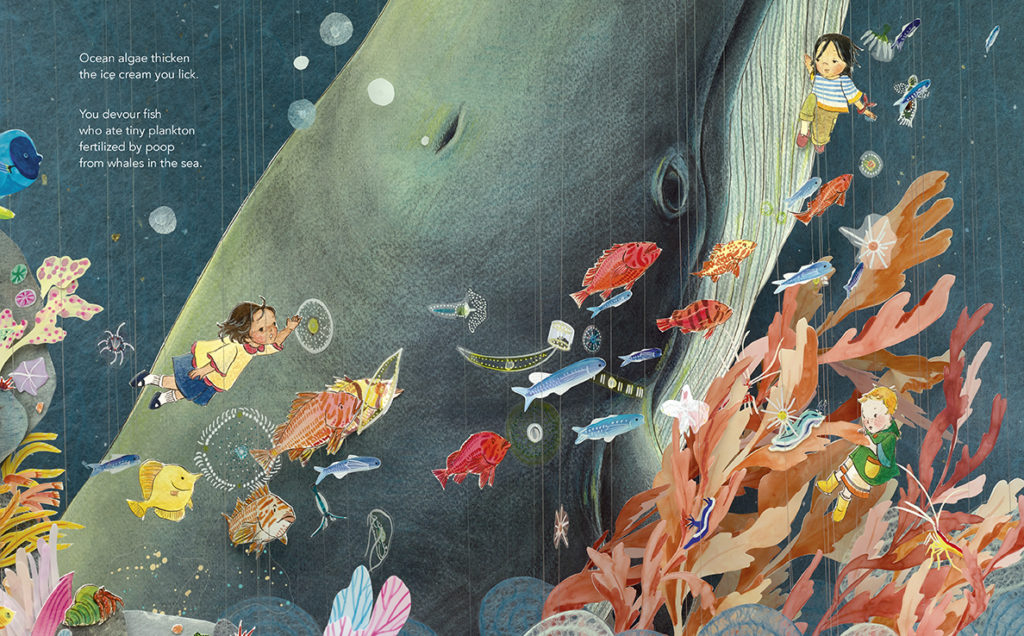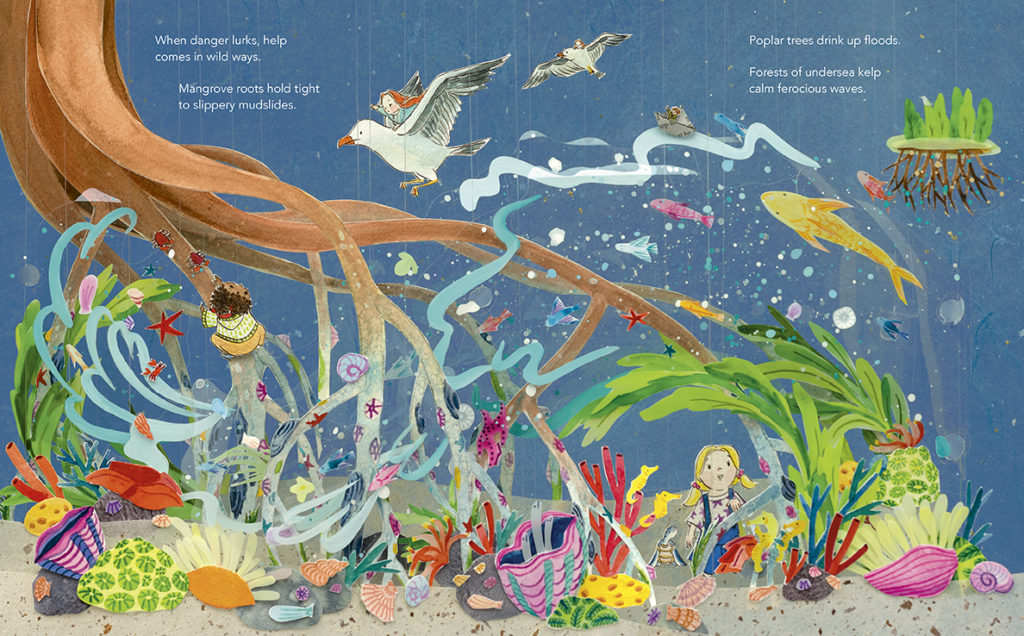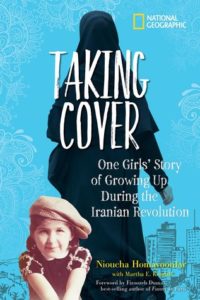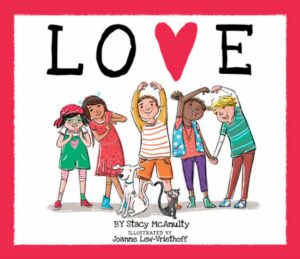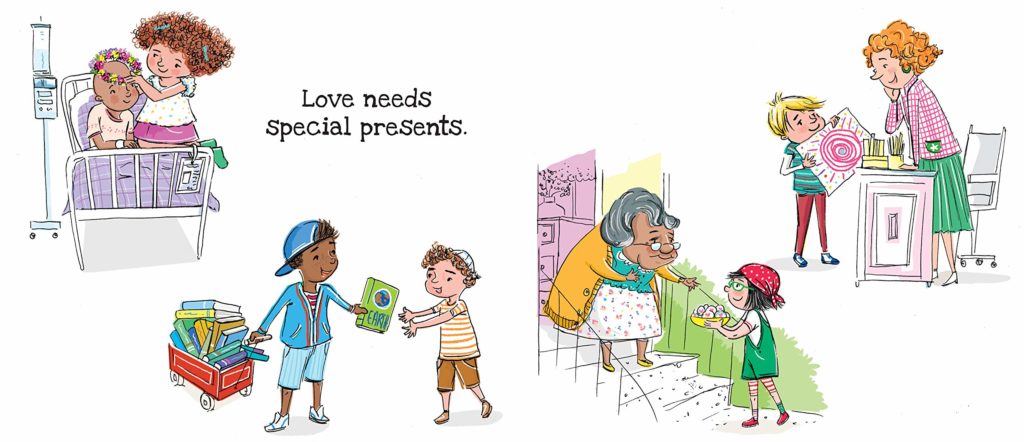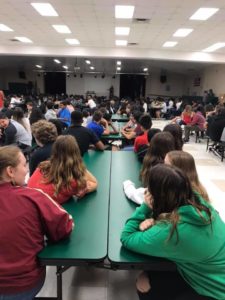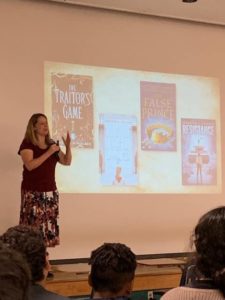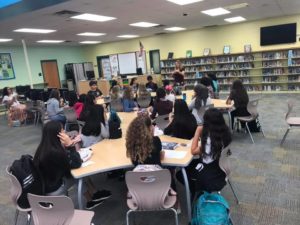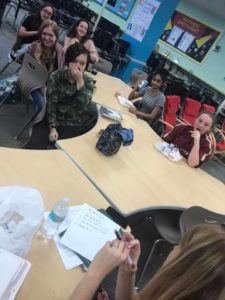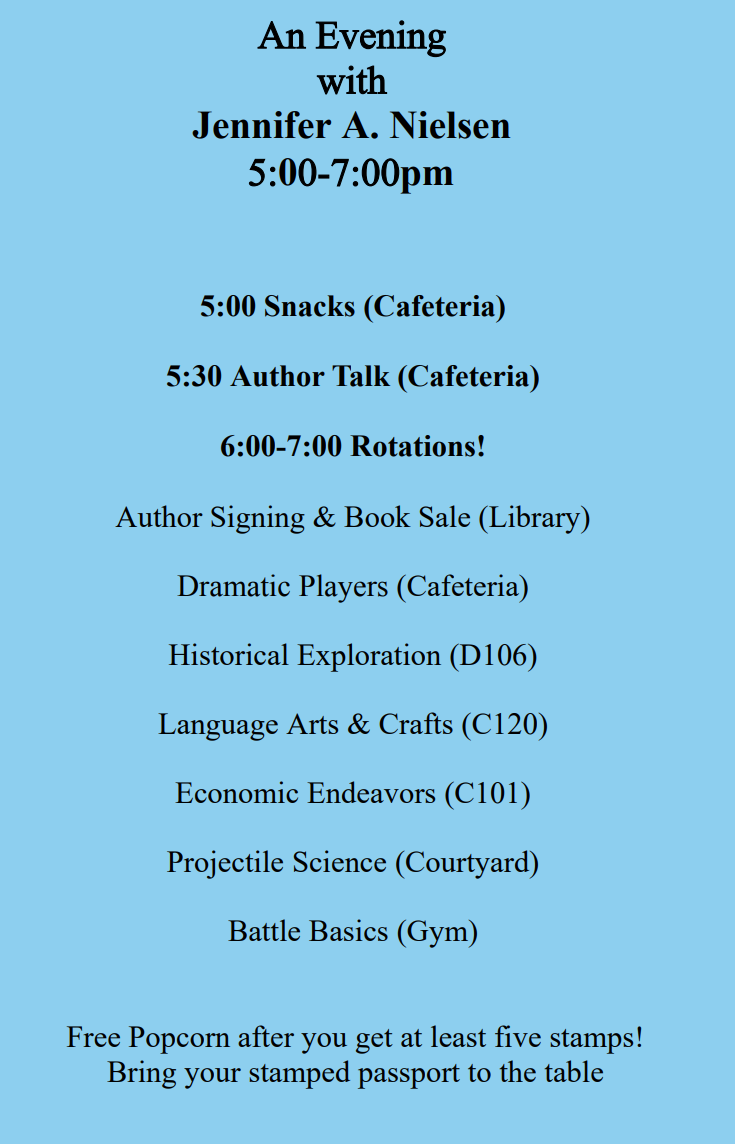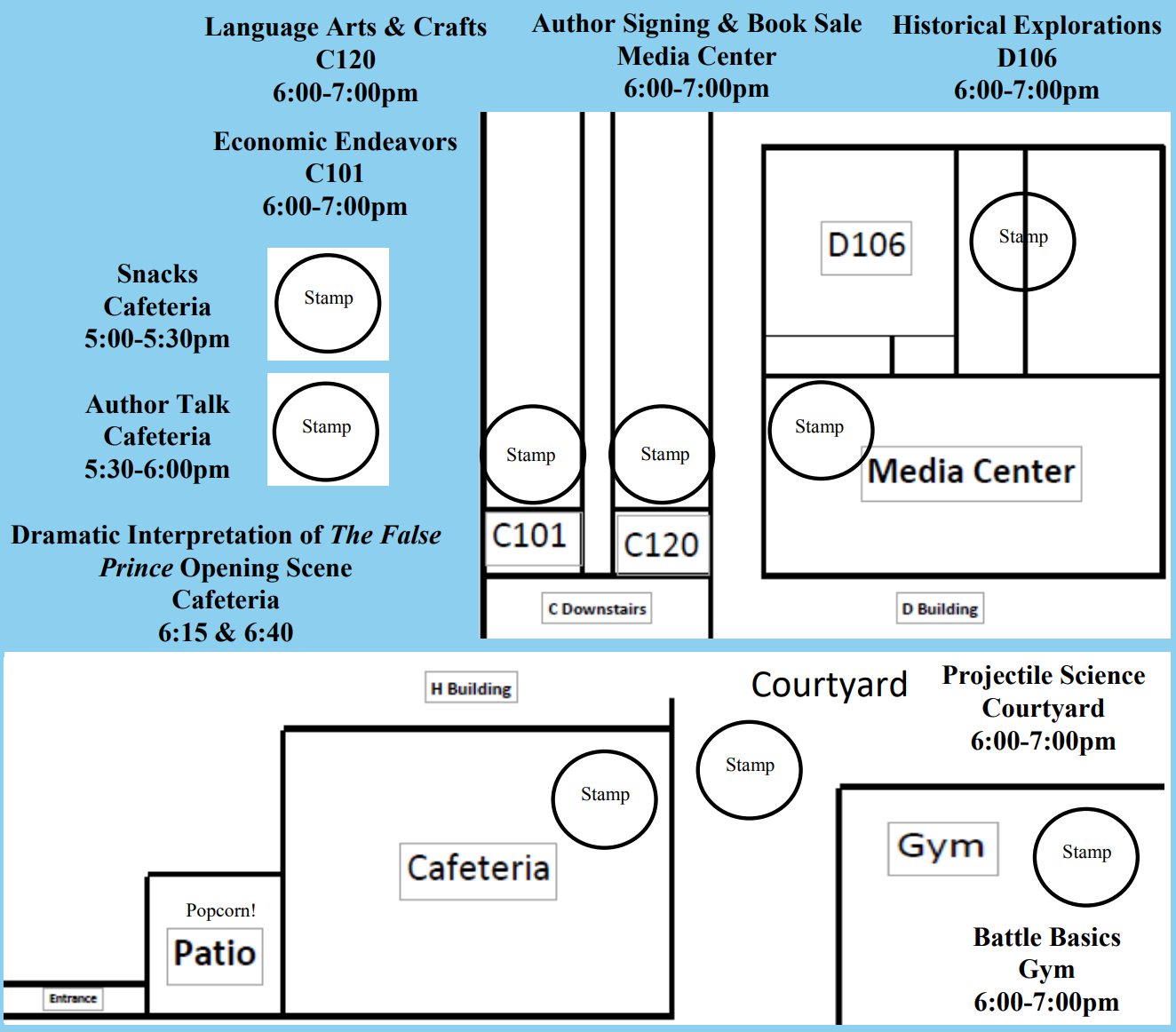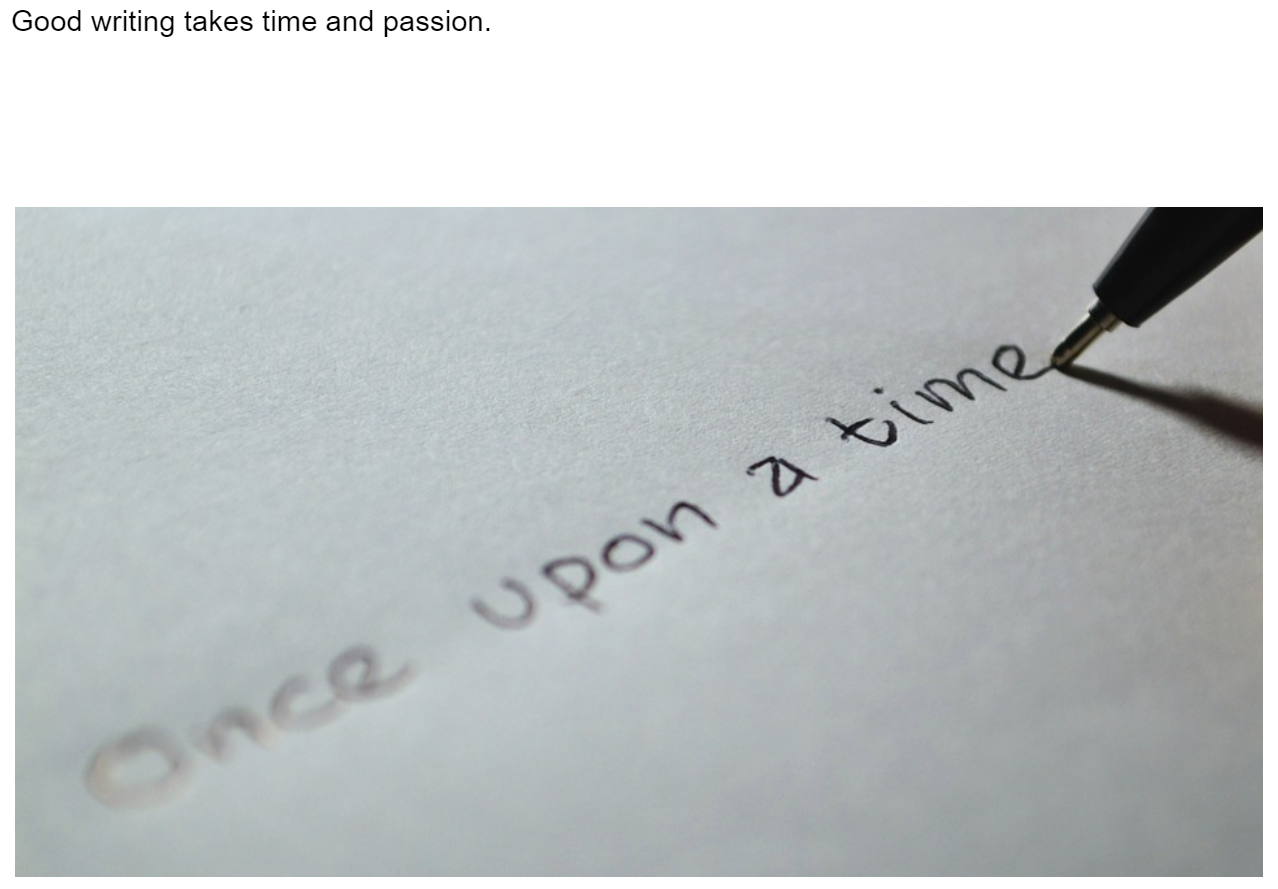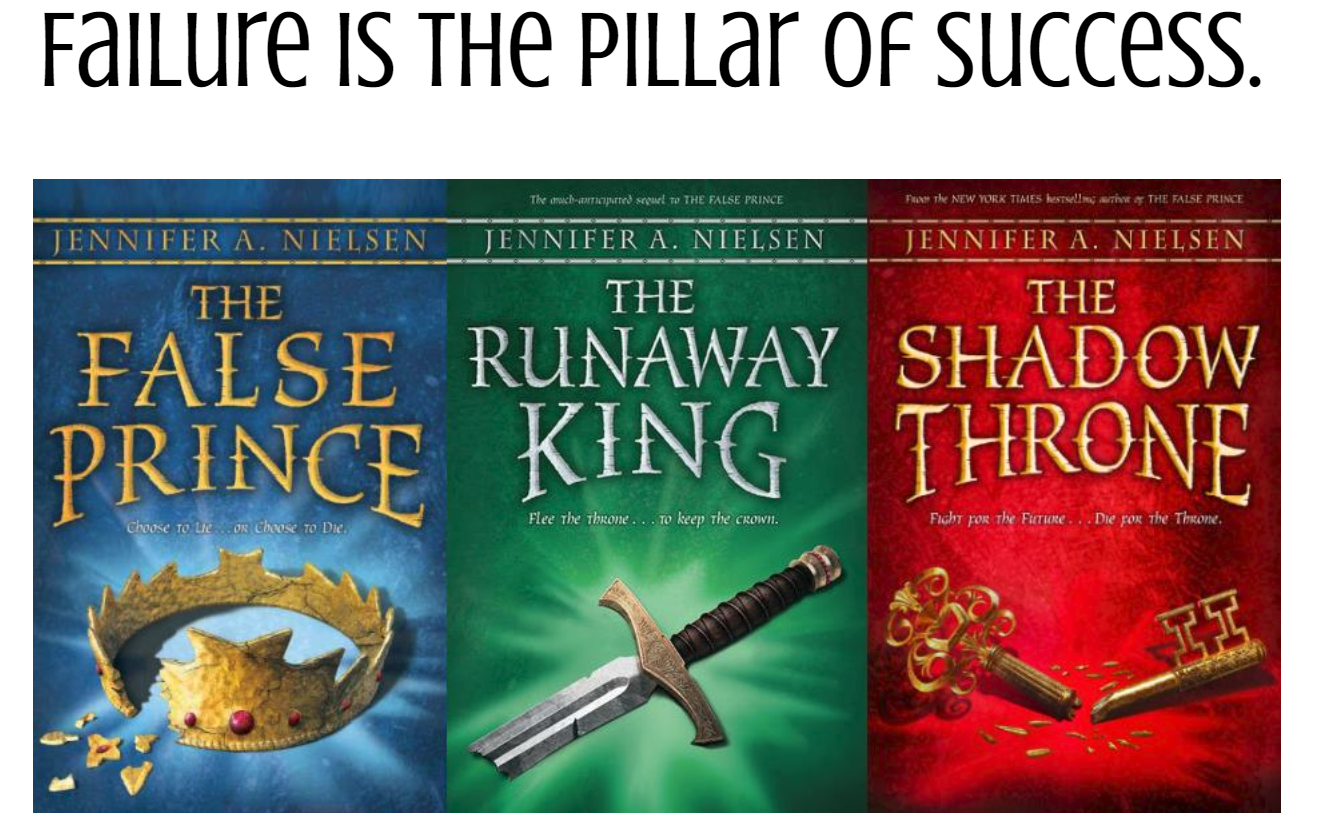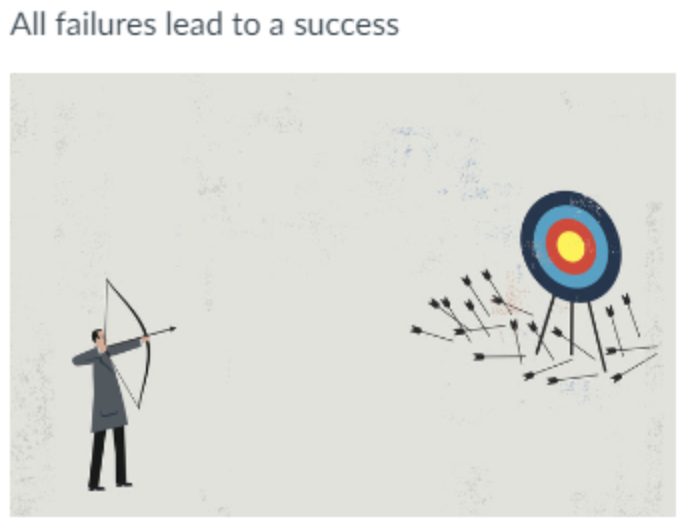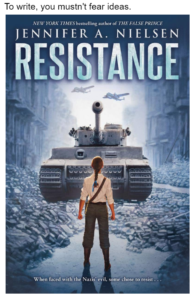The best way to learn what kids are thinking & feeling is by listening to them, so I am happy to share my students’ voices!
How Mrs. Moye’s Class Made My Year Better by Breno, 8th Grade
To start with, we read a lot which is awesome. We did things we like while learning. And every single assignment we did was fun–there were no assignment I was bored while doing. And because of this class, I found some great books I would have never found. Sometimes I didn’t want to go to school or was feeling sick, and this class made my day less stressful. When I thought I wouldn’t be able to do something, Mrs. Moye always helped me. So thank you Mrs. Moye for being an awesome teacher and for making my year better!
Tips for Middle School by Leila, 8th Grade
Middle School is like a journey. There’s going to be some things that are hard. Or it may feel like you can’t push through certain trials. But you can! Starting middle school was a pretty scary experience for me. Maybe it will be for you, too, so here are my tips.
My first tip to surviving middle school is to get a sense of what the people are like. Try to surround yourself with people you feel safe with and people that would be a good influence on you. If you find the right friends, they will always be there for you.
Tip two is to join any clubs or groups you are passionate about: music, art, sports, whatever it may be–just do it! Don’t let anyone tell you otherwise.
Tip three is to NOT PROCRASTINATE! It is the worst thing you can do when you start getting into more advanced classes. Organize your time and study well.
Tip four is to go to all of those fun field trips and activities your grade level participates in. These events could be one of the best nights of your life. It really gives you a chance to just have fun and be with the ones you care about while you still can.
My last and final tip is to make the most of your time. It may seem like a big deal at the start, but as it begins to get closer to the end of the year, you realize how important this part of your life is. Get all of your friends’ phone numbers, have them sign your yearbook, hang out with them over the summer. Make every moment count. They might not go to the same high school as you. Take pictures will all your friends, and make it all count while it still lasts!
Favorite 6th Grade Activities by Josh, Nick, Damon, and Nathan, 6th Grade
- Frog Dissection in Science
- Teacher vs. Student Volleyball Game
- Hoops for Hearts
- Trackfest
- Valentine’s Day Dance
- Jazz Field Trip at the Bob Carr
- End of Year Level Up Party
- Book Trailer Creation using Animoto in Mrs. Moye’s Claass
- PE Units: Track, Basketball, Racketball, Badminton, Capture the Flag, and Friday Freeday
- Creating a Civilization Activity in World History
- Finishing the Last Standardized Test of the Year
- In-Class Book Clubs in Mrs. Moye’s Class
- Jennifer Nielsen Author Visit
- Watching a Movie in Language Arts
- Weird But True Activity in Mrs. Moye’s Class
- Writing Blog Posts for Unleashing Readers
- ICT: Coding
- ICT: Typing and Nitrotype,
- Online Safety Netiquette Project in ICT
- Word Webs in World History
- No Read Ink in Language Arts
Thank you everyone for your thoughts on middle school!




